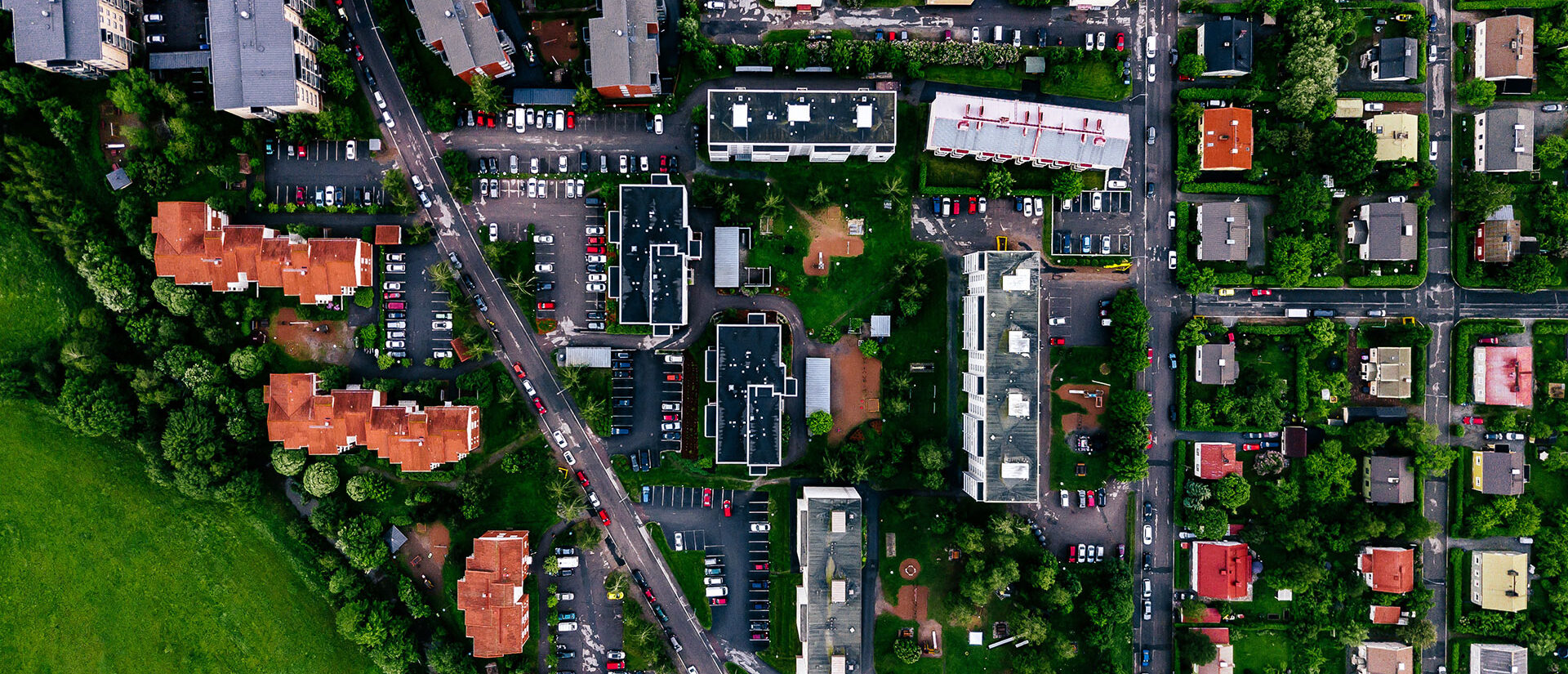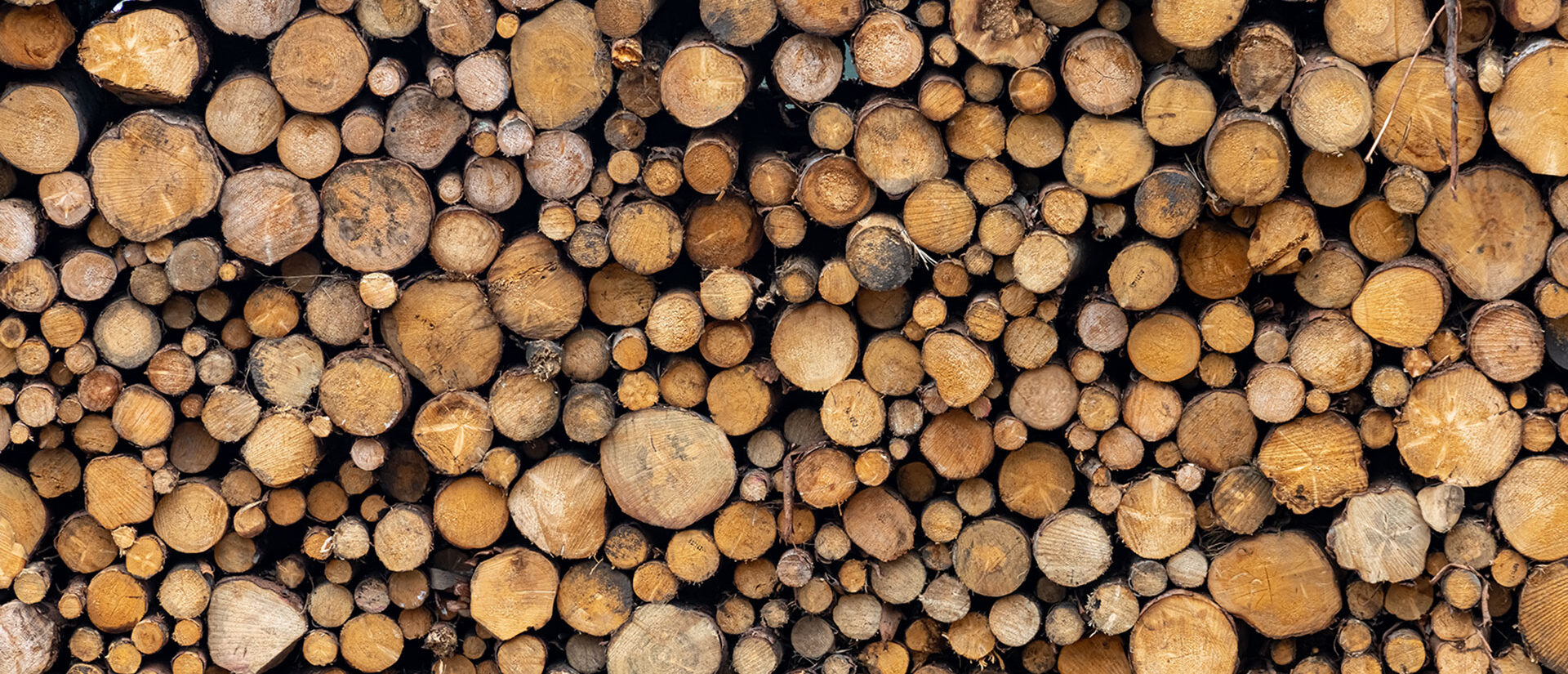- Ruokamarkkinat
- PTT Raportteja
LAAKSONEN, Kalle. 2001. VÄHITEN KEHITTYNEIDEN MAIDEN ASEMA KANSAINVÄLISESSÄ MAATALOUS- JA ELINTARVIKEKAUPASSA SEKÄ WTO-NEUVOTTELUISSA Pellervon taloudellisen tutkimuslaitoksen raportteja n:o 178. 109 s. ISBN 952-5299-44-9, ISSN 1456-3215
Tiivistelmä: Vähiten kehittyneiden maiden (LDC) asema on muuttunut yhä marginaalisemmaksi kansainvälisessä kaupassa. Maat eivät pysty osallistumaan tehokkaasti kansainvälisen kaupan järjestelmiin eikä näin ollen saavuta sitä taloudellista hyötyä, mitä vapaan kaupan piirissä olisi saavutettavissa. Useimmat vähiten kehittyneet maat ovat kuitenkin WTO:n jäsenmaita tai ovat hakeneet jäsenyyttä. Tässä selvityksessä tarkastellaan näiden maiden asemaa kansainvälisessä maatalous- ja elintarvikekaupassa sekä tulevissa neuvotteluissa. Tämä koskee erityisesti maatalous- ja elintarvikekauppaa, koska ne ovat keskeinen osa ko. maiden tuotantoa ja vientiä. Vähiten kehittyneiden maiden elintarvikevienti koostuu edelleen vain muutamasta hyödykeryhmästä, ennen kaikkea kahvista, kalasta ja hedelmistä. Valtaosa elintarvikeviennistä suuntautuu teollisuusmaihin, erityisesti EU-maihin. EU:n keväällä 2001 hyväksymä EBA-aloite, eli tuonnin täydellinen vapauttaminen LDC-maista aseita lukuun ottamatta, tulee merkitsemään erityisesti maataloustuotteiden tuonnin lisäystä näistä maista. Haaste koskee erityisesti EU:n sokerimarkkinoita, joiden osalta tosin sovelletaan muutaman vuoden siirtymäaikaa. LDC-maiden vienti Suomeen kymmenkertaistui 1990-luvulla. Sen sijaan Suomen vienti polkee paikallaan, koska se on valtaosaltaan ollut riippuvainen Suomen antamasta kehitysavusta näille maille.
Avainsanat: maataloustuotteiden ja elintarvikkeiden kauppa, vähiten kehittyneet maat, WTO-neuvottelut
INTERNATIONAL AGRICULTURAL AND FOOD TRADE AND THE WTO NEGOTIATIONS. Pellervo Economic Research Institute Reports No 178, 109 p. ISBN 952-5299-44-9, ISSN 1456-3215
Abstract: Since the establishment of the World Trade Organisation (WTO) there has been increasing concern over the marginalization of the least developed countries (LDC). They have not fully and effectively participated in the multilateral trading system, and are yet to fully enjoy the benefits of membership in the open rules based system. Agricultural and food products are the most important export commodities for the LDCs. Situation and role of the LDCs in international agricultural trade and also in the next WTO negotiations are examined in this report. The major agricultural exports of LDCs include coffee, cotton, jute, fish and seafood, tropical wood and bananas, mostly in an unprocessed form. Approximately 80 per cent of the food exports of the least developed countries are directed to the industrialised countries, mainly the EU countries. Thus, the Everything but Arms treaty made by the EU is very important for the agricultural exports of the LDCs in coming years and also an important initiative for the new WTO negotiation round. On the other hand, it will bring new challenges especially for sugar sector in the EU. Trade between Finland and LDCs has been very modest. Imports from the LDCs to Finland totalled FIM 1000 million in 2000 and even this was ten times greater than a decade earlier. On the contrary, exports from Finland to the LDCs decreased because of the decline in Finnish aid to these countries.
Keywords: agricultural and food trade, least developed countries, WTO negotiations

